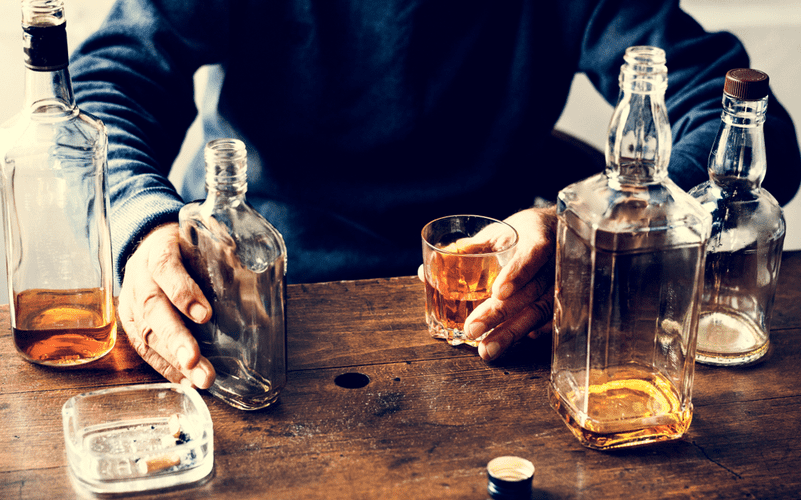Understanding how to manage these cravings is essential for maintaining a healthy lifestyle. The impact of sugar on the brain, particularly in individuals with alcohol use disorder, highlights the complex nature of addiction and the potential for sugar cravings to replace alcohol cravings. By understanding the underlying mechanisms at play, individuals in recovery can make informed decisions and develop strategies to manage their sugar cravings effectively. It’s important to note that the use of sugar as a substitute for alcohol can potentially lead to a sugar addiction.
Nutrition and Mental Health
- Therefore, we form sets of beliefs to interpret the reality around us based on our personal experiences, observations, and what is relevant to our needs.
- A sugar detox involves cutting all added sugars from your diet for a set period of time, from as little as a week to as long as a month.
- Discover if trazodone can be addictive, its impact on mental health, withdrawal symptoms, and more.
- Gill is the owner of the Sober Powered Media Podcast Network, which is the first network of top sober podcasts.
The connection between these two phenomena can be complex and multifaceted. In this section, we will explore the nature of alcohol addiction and the relationship it has with sugar. Therefore, it is vital that addiction treatment providers understand this connection and take decisive, calculated steps toward addressing it. From personalized behavioral therapy to nutritional guidance and robust aftercare, sugar cravings can be managed effectively, ensuring a successful recovery.
Dopamine and Reward Pathways

Unlock long-term addiction recovery with support, rehab, medication, and lifestyle changes. These groups can provide a sense of community and understanding, http://electric-alipapa.ru/infusions/shoutbox_panel/shoutbox_archive.php?rowstart=740 which can be empowering during the recovery process. Too much sugar can lead to gut problems, tooth decay, weight gain, and even type 2 diabetes.

Are Alcohol Use Disorder (AUD) and Sugar Addiction Related?
- Cross-tolerance means that someone who is dependent on one addictive substance may also have higher tolerance for another.
- While sugar affects your brain’s reward system slightly differently, the effect is similar overall, and both can be very habit forming.
- The idea was to help consumers differentiate between foods with naturally occurring sugars, like fruit and plain Greek yogurt, and foods that had sugars mixed in.
- Drinking sparkling water with citrus or berries might also hit the spot.
As always, it’s important to consult with healthcare professionals when considering new treatments or strategies for managing AUD. Moreover, “sweet-likers” who use sugar to cope in early recovery may experience an increased risk of alcohol craving either directly or through sugar consumption and/or craving. Targeting sweet-cope may help reduce sugar consumption in early recovery and improve corresponding health concerns common in this population [5]. In the realm of recovery, some have found that substituting sweets for substances can help improve mood and soothe cravings.

The journey to recovery from alcohol addiction involves various aspects, including understanding and managing cravings. One of the overlooked areas in this process is the role diet plays in recovery. This section delves into https://www.zdorovih.net/modules.php?name=News&file=view&news_id=23 how nutrition impacts mental health in recovery and why managing sugar intake is crucial for those recovering from alcohol addiction. Understanding this link can lead to more comprehensive and effective treatment strategies.
Both substances cause dopamine release and feelings of happiness and pleasure. Some studies have even found a genetic link between people addicted to sugar http://srrccs.ru/warez/26275-forbidden-shakers-tech-2013.html and those who abuse alcohol. A person in recovery is susceptible to replacing their use of alcohol with sugar to receive the same “high” experience.
